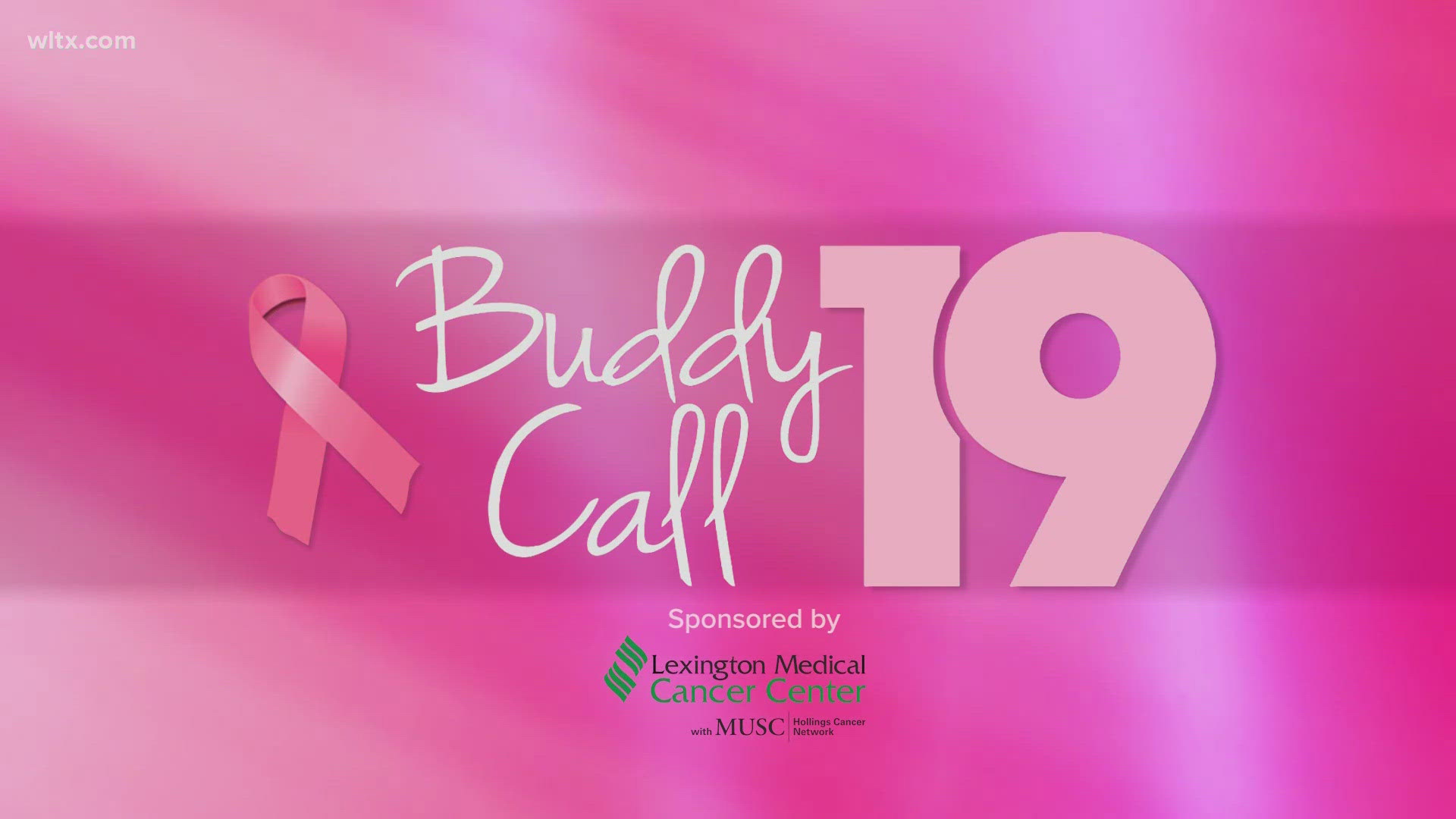COLUMBIA, S.C. — Breast cancer remains a significant health concern in South Carolina, and understanding the risk factors and strategies for early detection is critical.
According to Dr. Christa Gressette with Lexington Medical Center, several risk factors can influence the likelihood of developing breast cancer.
Key Risk Factors
Dense breast tissue is one of the primary risk factors for developing breast cancer. Age is another crucial factor, as the likelihood of breast cancer increases as women grow older. Additionally, a family history of breast cancer, including genetic predispositions passed down through generations, can elevate risk levels.
Controllable and Uncontrollable Risk Factors
While some risk factors, such as genetics and family history, are beyond individual control, others can be managed. Maintaining a healthy weight and moderating alcohol consumption are two steps individuals can take to reduce their risk.
"So if you're overweight or obese, you're going to be more likely to have breast cancer," said Dr. Gressette. "If you drink a lot of alcohol, that also has some associations with breast cancer."
Dr. Gressette emphasized that staying as healthy as possible is key.
To find more information about risk factors, you can visit the Centers for Disease Control and Prevention's Website.
Mammogram Recommendations
Screening guidelines have recently changed. Experts now recommend women begin getting mammograms at age 40. However, for those with a family history of breast cancer, the timeline may vary. “If you have a family history of breast cancer, discussing early screening options with your doctor is vital,” said Dr. Gressette.
Physicians recommend talking with your primary care doctor to determine the best time to start screening.
The Role of Self-Care
Self-breast exams remain a valuable tool for early detection. Regularly checking for lumps or nodules can help individuals catch potential issues early.
“If you notice anything unusual during a self-breast exam, such as a lump, consult your doctor,” Dr. Gressette advised. “A diagnostic mammogram can help determine if further action is needed.”
Understanding breast cancer risks and taking proactive steps can make a significant difference in early detection and treatment. Staying informed and working closely with healthcare providers are essential to effective prevention and care.

